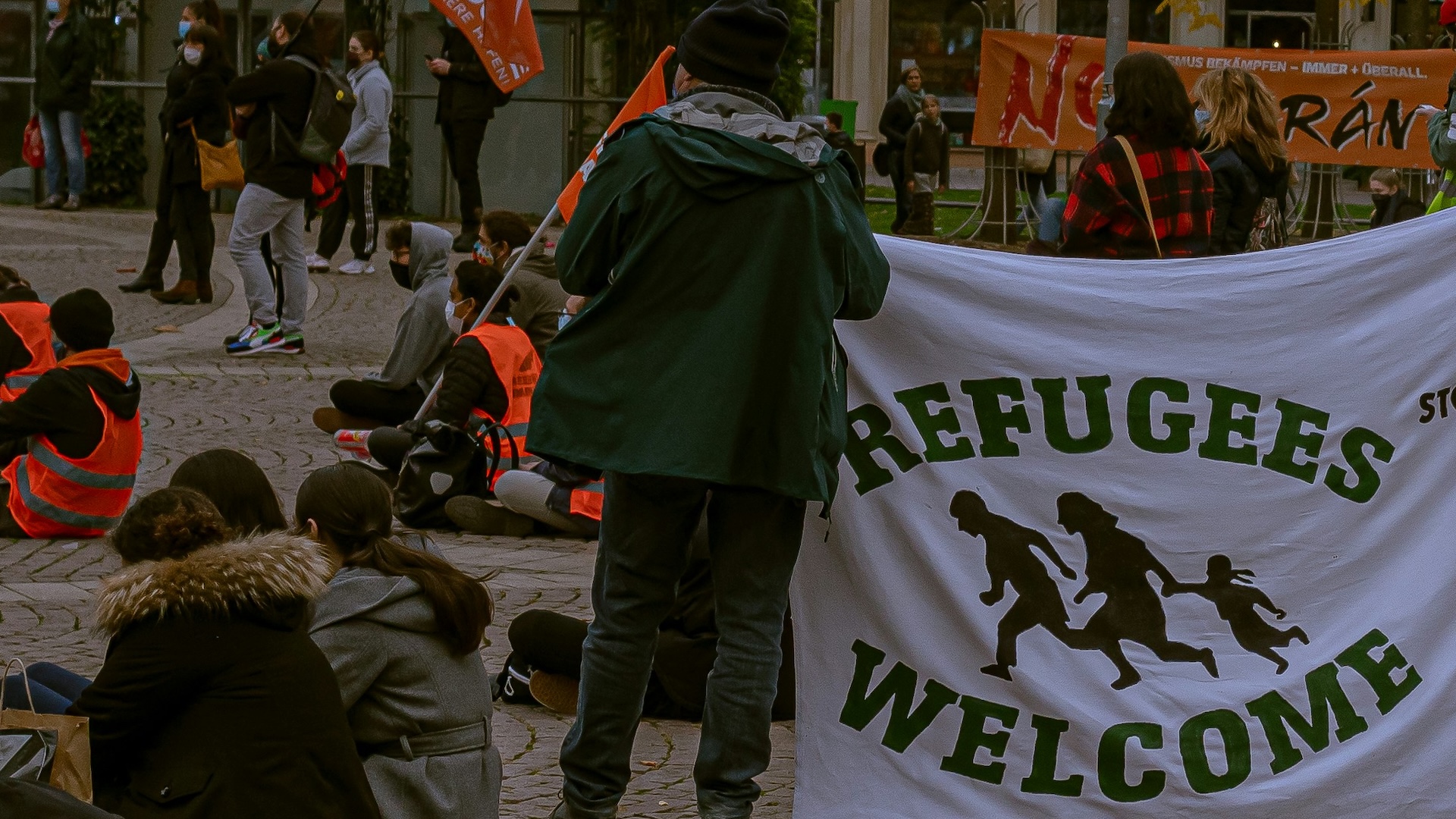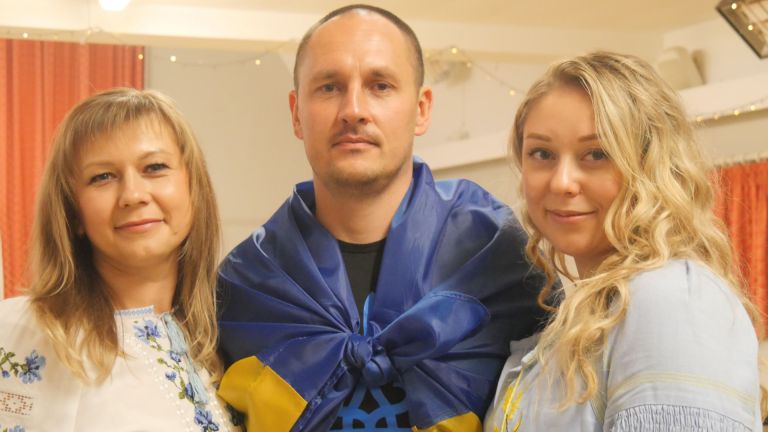The idea that billion-pound contractors have gone almost entirely unchecked since 2019 would be shocking, if it weren’t so familiar. Few people realise that Serco, one of the three companies awarded asylum accommodation contracts, have a history of poor performance.
They were previously handed a £45 million contract to deliver parts of the Covid-19 test and trace system – a programme widely condemned for wasting public money. The same company that profited off protecting public health, were also entrusted with profiting from people’s misery in asylum hotels.
At RAMFEL, we’ve supported more than 500 people living in hotels in the past two years. We surveyed them and almost half told us their rooms were overcrowded. Eight in 10 said the food was “really bad”. And when they raised concerns, 75% said nothing changed.
This isn’t an accident. It is how the system was built. The government handed multi-billion-pound contracts to private firms like Clearsprings Ready Homes, Serco and Mears. Since 2019, they’ve made more than £380m in profit. The longer people are left in limbo, the more these companies make. Some refer to this as the “asylum-industrial complex”: a system where suffering pays.
Meanwhile, the human cost also grows. More than half of the people we surveyed had been living in hotels for over a year, waiting for a decision on their asylum claim. They can’t work. They can’t cook for their children. They have no control over their lives. This is what happens when you turn a protection system into a business model.
And while people sit in this manufactured misery, far-right groups attack hotels, encouraged by politicians and media outlets that have spent years scapegoating migrants. The irony is that most people don’t buy it. Polling consistently shows that the wider public are sympathetic to people who’ve fled war and persecution and want a fair asylum system.
Advertising helps fund Big Issue’s mission to end poverty
A recent YouGov poll found only 26% of people say immigration is an issue locally, while more than half see it as a national one – proof that the panic is being manufactured, not felt in anyone’s day-to-day lives. People are angry about housing, healthcare and the cost of living, and rightly so, but turning that anger on people seeking safety is not the solution. People should be angry at those profiting off this suffering and the politicians who facilitate it.
Everyone deserves the basics: a safe home, a fair chance to work, and the dignity of choice. The people living in hotels are parents trying to rebuild, children settling into new schools, men and women desperate to establish themselves in their new communities. They want to move forward but the system keeps them stuck, all whilst millionaires bank balances swell.
Depressingly, the government seems determined to double down on failure. Rather than ending the use of hotels, ministers now plan to move thousands of people seeking asylum into disused military barracks, a move they admit will cost more. The government has defended the extra expense, saying it’s worth it to “quell public disquiet”. In other words, they’re willing to pay more to look tough. The cruelty is not accidental, it is the intention.
The answers are actually obvious. End the long-term use of hotels. Fund councils to provide proper housing. Let people seeking asylum work and support themselves. Bring asylum housing back into public hands.
The evidence is overwhelming. The only thing missing is the will to act. People are finally talking about asylum accommodation – so why stop now?
Layla Hussain is advocacy officer atRAMFEL.
Advertising helps fund Big Issue’s mission to end poverty
Do you have a story to tell or opinions to share about this? Get in touch and tell us more.
Change a vendor’s life this Christmas.
Buy from your local Big Issue vendor every week – or support online with a vendor support kit or a subscription – and help people work their way out of poverty with dignity.









